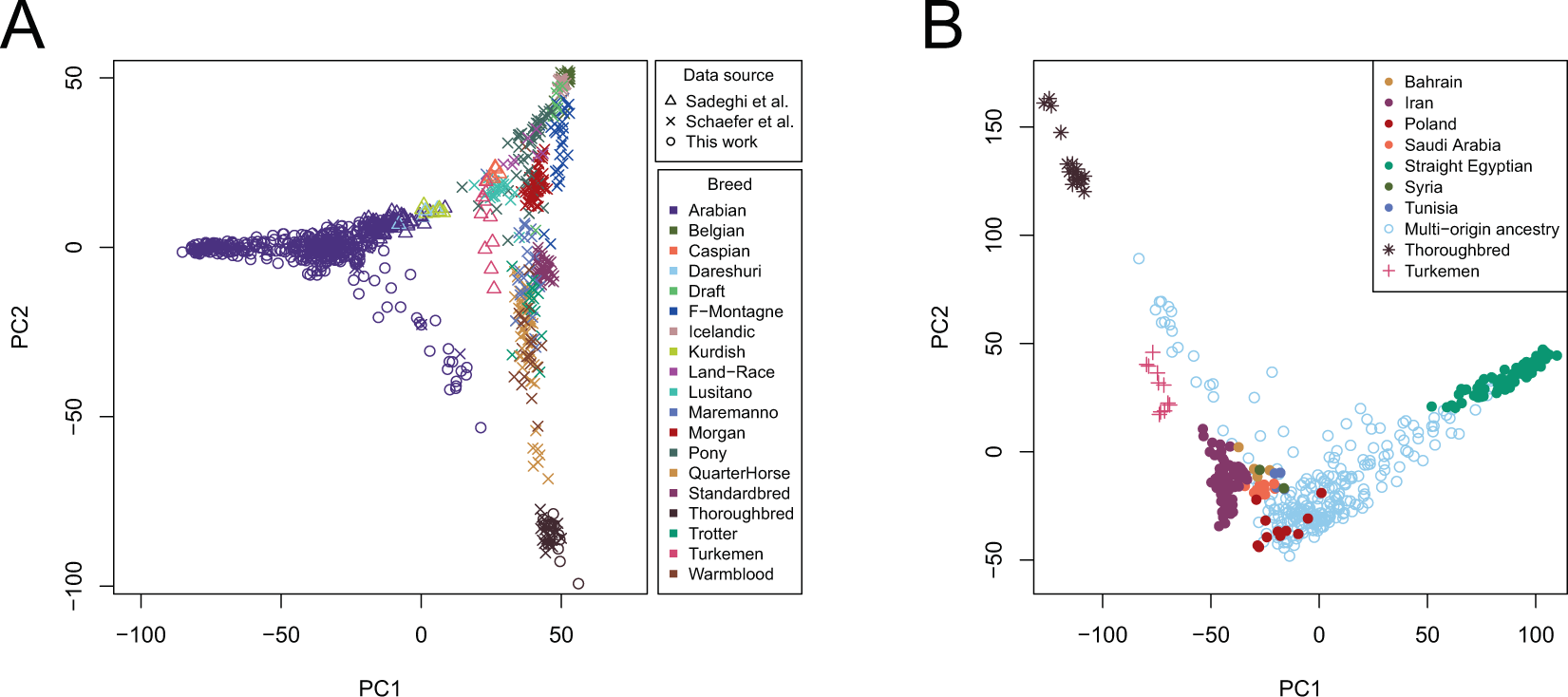The Arabian Horse Registry and Documentation

The Arabian horse is one of the oldest and most revered horse breeds in the world, known for its distinctive head shape, high tail carriage, and exceptional endurance. Proper registry and documentation are crucial for preserving the breed’s purity, lineage, and value. This article explores the key aspects of the Arabian horse registry and the documentation process.
What is an Arabian Horse Registry?

An Arabian horse registry is an official organization that records the pedigrees and ownership of Arabian horses. These registries maintain detailed records to ensure the authenticity and purity of the breed. They also provide certificates of registration, which are essential for breeding, showing, and selling Arabian horses.
Major Arabian Horse Registries
| Registry Name | Country | Established | Key Features |
|---|---|---|---|
| Arabian Horse Association (AHA) | United States | 1908 | Largest registry, extensive pedigree database |
| Al Khamsa | United States | 1980s | Focuses on desert-bred Arabians, strict lineage criteria |
| World Arabian Horse Organization (WAHO) | International | 1970 | Sets global standards for Arabian horse breeding |
Importance of Documentation
Documentation serves several vital purposes:
- Verification of Pedigree: Ensures the horse’s lineage is accurately recorded.
- Breed Preservation: Helps maintain the genetic integrity of the Arabian breed.
- Market Value: Registered horses typically have higher market value.
- Competition Eligibility: Many shows and competitions require official registration.
Types of Documentation
- Registration Certificate: Official proof of a horse’s pedigree and registration with a recognized registry.
- Ownership Papers: Documents that prove legal ownership.
- Health Records: Important for breeding and sale, including vaccinations and medical history.
- DNA Testing Reports: Increasingly used to confirm parentage and prevent fraud.
How to Register an Arabian Horse
The registration process generally involves:
- Application Submission: Owner submits an application with details about the horse.
- Pedigree Verification: Registry verifies the horse’s lineage through existing records or DNA tests.
- Payment of Fees: Registration fees vary by organization.
- Issuance of Certificate: Once approved, the horse receives an official registration certificate.
Frequently Asked Questions (FAQ)
Q1: Why is Arabian horse registration important?
A1: It ensures the horse’s pedigree is authentic, which is crucial for breeding, showing, and maintaining breed standards.
Q2: Can I register an Arabian horse without papers?
A2: Some registries allow registration based on DNA testing or other verification methods, but original documentation is preferred.
Q3: How often should registration papers be updated?
A3: Registration papers are typically permanent, but ownership documents should be updated with any change in ownership.
Q4: Are there international standards for Arabian horse registration?
A4: Yes, organizations like WAHO set global standards to ensure consistency across registries.
By understanding the Arabian horse registry and documentation process, owners and breeders can better preserve the breed’s legacy and ensure their horses meet the highest standards of authenticity and care.
